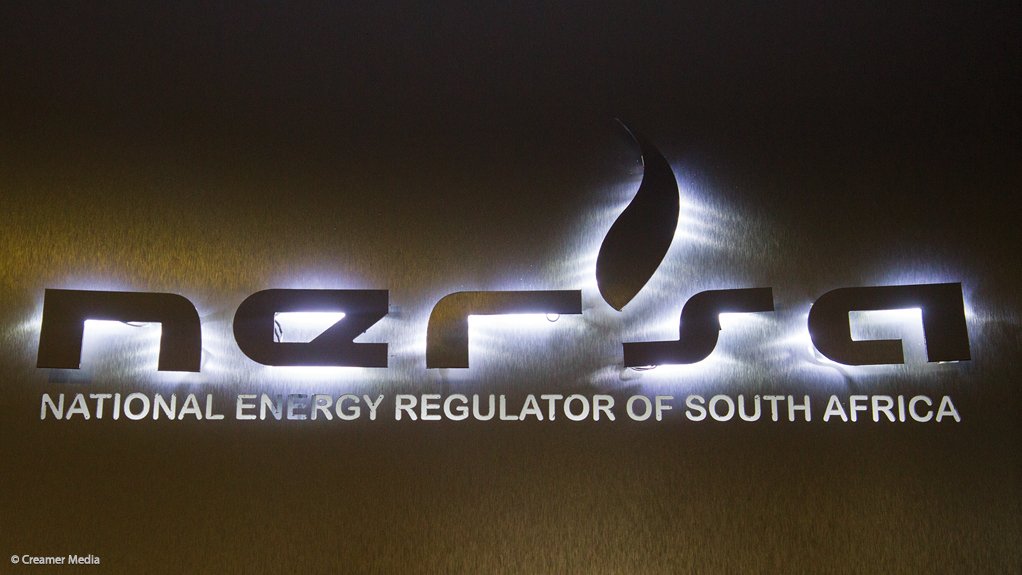Business Unity South Africa (Busa) has heavily criticised what it describes as Eskom’s request for a “blanket condonation” from the National Energy Regulator of South Africa (Nersa) to deviate from the multiyear price determination (MYPD) methodology and minimum information requirements for tariff applications (Mirta).
In a letter to Nersa earlier this year, Eskom CFO Anoj Singh indicated that the State-owned utility would be submitting a one-year revenue application for 2018/19 on June 1. However, he also indicated that Eskom would be unable to meet certain requirements of the MYPD methodology, as updated in October 2016, as well as certain Mirta requirements.
Singh described as “untenable” the requirement that Eskom provide a breakdown of “coal volumes burnt per station, per contact type and per supplier” and indicated that its request for condonation relating to primary energy would be “ongoing, until the methodology is revised”. He said Eskom’s comments in response to the methodology consultation paper included “viable alternatives”.
However, Busa said it would not support the “condonation of noncompliance with critical processes”. It also argued that the process for public participation on the matter was “inadequate”.
Nersa gave interested parties until May 18 to comment on Eskom’s request and is expected to make a determination during the course of June.
“Such requests should be the subject of public hearings and be published for comment as soon as possible after the receipt of the request. In future, clear timelines should be provided for licensees to submit such applications and should be enforced, Busa said in a statement.
Eskom’s application, Busa added, was an attempt to motivate for price increases without justification, which undermined good governance and accountability.
“Given the critical importance of electricity to power the economy and drive inclusive growth and employment, it is imperative that South Africans can take comfort from the fact that tariff increases are justified and required.”
Nersa’s role, Busa added, was to balance the interests of all stakeholders and protect Eskom customers.
“This requires that price increases be considered and prescribed in the context of full disclosure of all relevant information by Eskom. Business therefore urges Nersa not to accede to Eskom’s request given its mandate as an independent regulator.”
COAL PROCUREMENT IN FOCUS
In an earlier criticism of Eskom’s deviation application, the Organisation Undoing Tax Abuse, or Outa, challenged Nersa to hold public hearings, describing Eskom’s application as an attempt by the utility to “maintain secrecy on the coal suppliers, qualities and prices”.
The issue of coal supply has come under intense scrutiny since the release of the ‘State of Capture’ report by then Public Protector Thuli Madonsela last year.
The report recommended that President Jacob Zuma establish a commission of inquiry to further interrogate “observations” of possible corruption at Eskom and several other State-owned companies, and raised particular concern about contracts between Eskom and Gupta-family-linked coal miner Tegeta.
The report states that Eskom’s R659.6-million prepayment to Tegeta to facilitate coal supply to the Arnot power station may not have been in line with the Public Finance Management Act, as prepayment was not used to fund Optimum coal mine (OCM) operations, but rather to fund the purchase of all shares in Optimum Coal Holdings (OCH).
It notes that, on April 11, 2016, Tegeta informed the business rescue practitioners and Glencore, which, in turn, informed the loan consortium, that they were R600-million short. On the very same day, Eskom held an urgent board tender committee meeting at 21:00 to approve the R659.6-million prepayment.
Madonsela’s report also states that, in light of the extensive financial analysis conducted, it appears that the sole purpose of awarding contracts to Tegeta to supply Arnot power station was to fund Tegeta and enable it to purchase all shares in OCH. “The only entity which appears to have benefited from Eskom’s decisions with regards to OCM and OCH is Tegeta, which appears to have been enabled to purchase all shares held in OCH.”
The report led to the departure of Eskom CEO Brian Molefe, who controversially returned to the post earlier this month after Public Enterprises Minister Lynne Brown rejected his R30-million early-retirement payment. It has since emerged that the payment was in breach of pension fund rules, but Brown nevertheless endorsed the board’s reinstatement of Molefe on the proviso that it was legal.
However, the National Executive Committee (NEC) of the African National Congress reiterated on May 29 that Molefe’s reappointment should be “rescinded” and that Brown should not wait for the courts to direct them on this decision. “Government itself encourages judicial overreach when it fails to lead when it should,” the NEC said in a statement.
Subsequently, Brown announced that the Special Investigating Unit would be appointed to probe ongoing allegations of corruption at Eskom, with a special focus on the utility’s coal procurement.
However, she indicated that the probe would not be limited to Tegeta contracts and would also embrace contracts with other coal suppliers.
EMAIL THIS ARTICLE SAVE THIS ARTICLE ARTICLE ENQUIRY
To subscribe email subscriptions@creamermedia.co.za or click here
To advertise email advertising@creamermedia.co.za or click here











